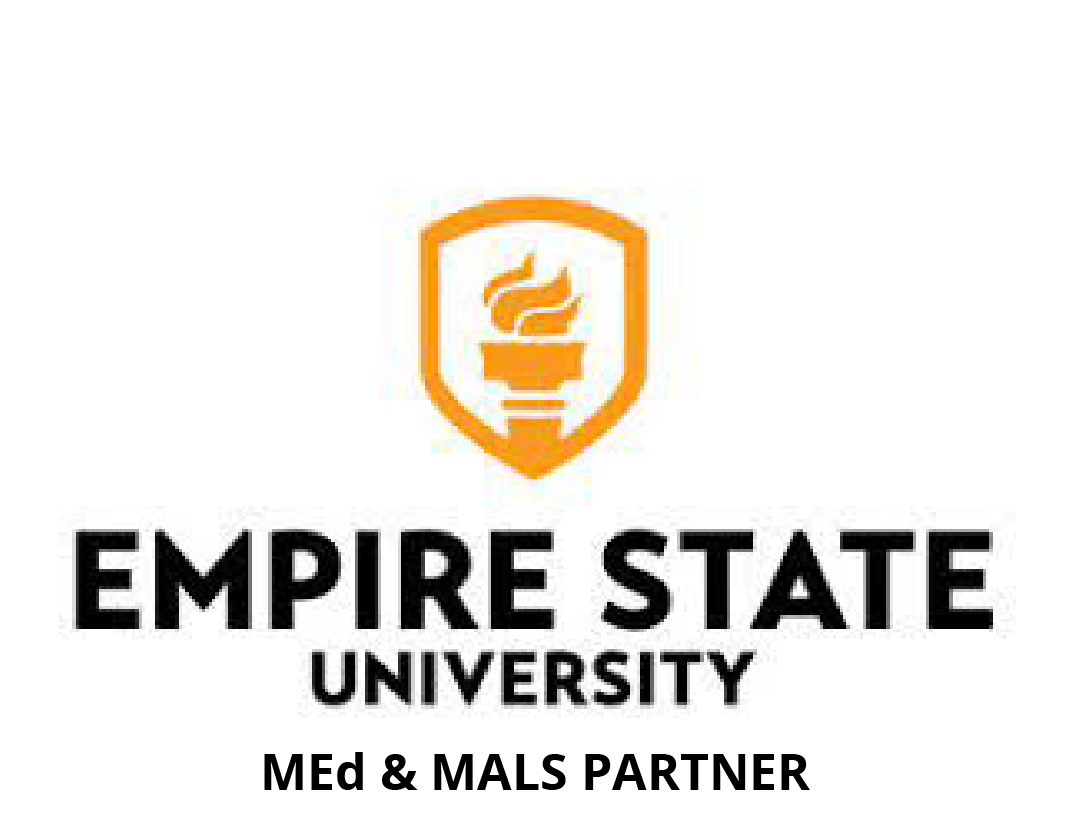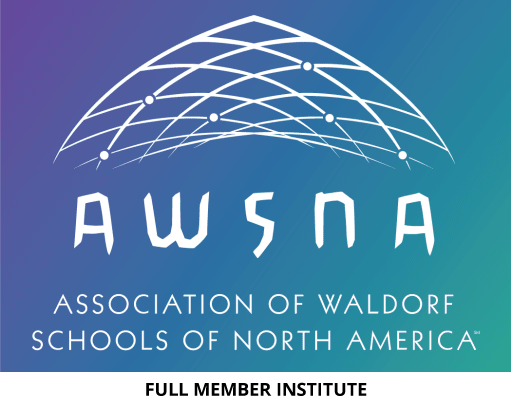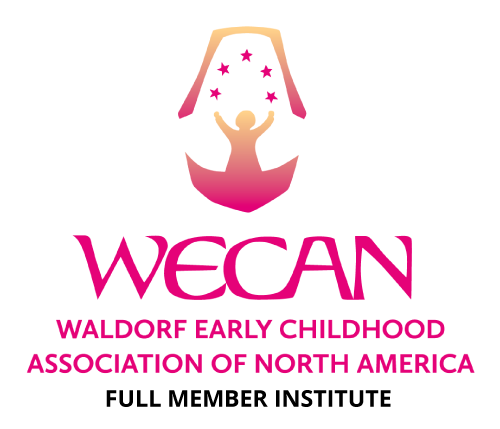MISSION & GUIDING PRINCIPLES
Mission Statement
It is the mission of Sunbridge Institute to contribute to the growth and development of Waldorf education in service of educational and cultural renewal throughout the world.
Sunbridge Institute provides higher educational offerings that stimulate and enrich the personal and professional capacities essential for adults engaged in the education of children.
Sunbridge’s integrated approach—a balance of spiritual, artistic, and practical studies—fosters the development of contemplative, social, and pedagogical capacities vital to a living art of education. Anthroposophy, the spiritual-scientific view of the human being developed by Rudolf Steiner, inspires the work of Sunbridge Institute and permeates its culture and activities.
Guiding Principles
Relationship
Sunbridge Institute promotes relationships that support and deepen human connection and transformational learning. These are relationships that are responsive and humanizing, which are based on respect for the dignity of each person, and which reflect each individual’s attempts to bring their best self to each interaction.
Diversity
Diverse perspectives and voices are integral components of a vigorous educational community, and Sunbridge Institute is committed to increasing and attending to the number of diverse Waldorf teacher education graduates—including diversity of race, ethnicity, gender, sexual orientation, socio-economic status, age, physical abilities, religious beliefs, or political beliefs—fully prepared to take on educational and leadership roles in classrooms, schools generally, and elsewhere in the world.
Cultural Renewal
Recognizing the original impulse for Waldorf Education to be an education toward peace and justice, born of a dedication to inner freedom, Sunbridge Institute is committed to a living pedagogy of inquiry and research that responds to, confronts, and aims to heal the conditions of our world.
Learning
Sunbridge Institute is a learning organization that is committed to constant re-evaluation to ensure it continues to better itself and can respond to new challenges. Sunbridge actively seeks and seriously considers feedback from all constituents and holds itself accountable for operating in a morally, legally, and fiduciarily responsible manner.
Values Statement
At Sunbridge Institute we are committed to serving and being a diverse, inclusive community. We are striving collectively to ensure the continued growth and development of our curriculum and program offerings to reflect these values. We welcome your honest feedback and perspective.
AWSNA Principles for Waldorf Institutes
- THE IMAGE OF THE HUMAN BEING AS A SPIRITUAL BEING INFORMS EVERY ASPECT OF THE INSTITUTE.
Waldorf institutes work actively with insights from Rudolf Steiner about the incarnating human being. One core insight is that the human being is a threefold being of body, soul, and spirit. Teacher preparation addresses the physical, emotional, intellectual, social, artistic, and spiritual capacities of the human being as the individual moves through the phases of this life. - WALDORF INSTITUTES FOSTER SOCIAL RENEWAL BY CULTIVATING HUMAN CAPACITIES IN SERVICE TO THE INDIVIDUAL AND SOCIETY.
The process of teacher preparation builds an understanding of how Waldorf education can impact the future of social and cultural life. The educational program of each institute is designed to cultivate human capacities, including strength of will, depth of feeling, clarity of thinking, and the ability to work with others, so that individuals are inspired and prepared to contribute to social renewal. - AN ANTHROPOSOPHICAL UNDERSTANDING OF HUMAN DEVELOPMENT GUIDES THE EDUCATIONAL PROGRAM.
The gradual process of human development follows an archetypal sequence of approximately seven-year phases that continue throughout adult life. Each phase has characteristic physical, emotional, cognitive, and spiritual dimensions, and each individual’s development is a unique expression of the human archetype.
This understanding informs the institute’s educational program: the curriculum, the pedagogy, and the assessment methods. Components of the teacher education program include individual transformational, academic, and artistic experiences, and practical preparation in the art of teaching. Each component is tailored to meet the needs of the adult student. - WALDORF INSTITUTES SUPPORT FREEDOM IN TEACHING WITHIN THE CONTEXT OF THE INSTITUTE’S SHARED AGREEMENTS.
The teacher education program is informed by each teacher’s ongoing study of anthroposophy and professional development in Waldorf education. The institute colleagues work collaboratively and cooperatively to develop, refine, and periodically review the educational program. Individuals work creatively with curricular, pedagogical, and assessment components of the program out of freedom and in a way that serves the institute community. This work reflects and respects the shared educational understandings and agreements. - THE CONSCIOUS DEVELOPMENT OF HUMAN RELATIONSHIPS FOSTERS INDIVIDUAL AND COMMUNITY HEALTH.
Healthy human relationships with and among adult students, colleagues, and board members are essential to the well-being of the institute and are at the heart of Waldorf education. Each individual’s self-development is encouraged because it is a key to the well-being of the whole. Members of the institute community are invited to join in developing meaningful, collaborative, transparent forms for working together.
The institutes work with individuals and groups to strengthen the relationships in the community. These relationships gain in depth and stability when they are consciously and intentionally cultivated through a shared anthroposophical understanding of social interaction. - SPIRITUAL DEVELOPMENT IS AN ONGOING ACTIVITY
The members of the institute community work in an ongoing way to cultivate their spiritual development. Institutes create opportunities for shared anthroposophical and educational study, research, artistic activity, and mentoring to further this growth and development. - INSTITUTE LEADERSHIP AND GOVERNANCE ARE GUIDED BY COLLABORATION AND SHARED RESPONSIBILITY.
Waldorf institutes are self-administered. Effective governance of each institute is structured and implemented in a manner that supports clear leadership and cultivates collaboration and shared responsibility. - WALDORF INSTITUTES HONOR AND EMBRACE HUMAN DIVERSITY AND DIGNITY.
Waldorf institutes celebrate the diversity of humankind. Faculty, staff, and board pursue a path of human dignity and equity in organizational, leadership, and pedagogical realms. Institutes are engaged in understanding and addressing the current and historical roots of inequity. These endeavors are of spiritual, moral, and educational importance and are rooted in Waldorf education’s founding vision, which included addressing contemporary social struggles within the context of the life of the institute.
Non-Discrimination Policy
In all of its dealings, including its admissions, educational, and employment practices, it is the policy of Sunbridge Institute, its Trustees, officers, employees and other duly authorized agents not to discriminate against any individual or group for reasons of race, color, creed, gender, age, culture, ethnicity, national origin, marital status, sexual orientation or identification, or mental or physical disability.




